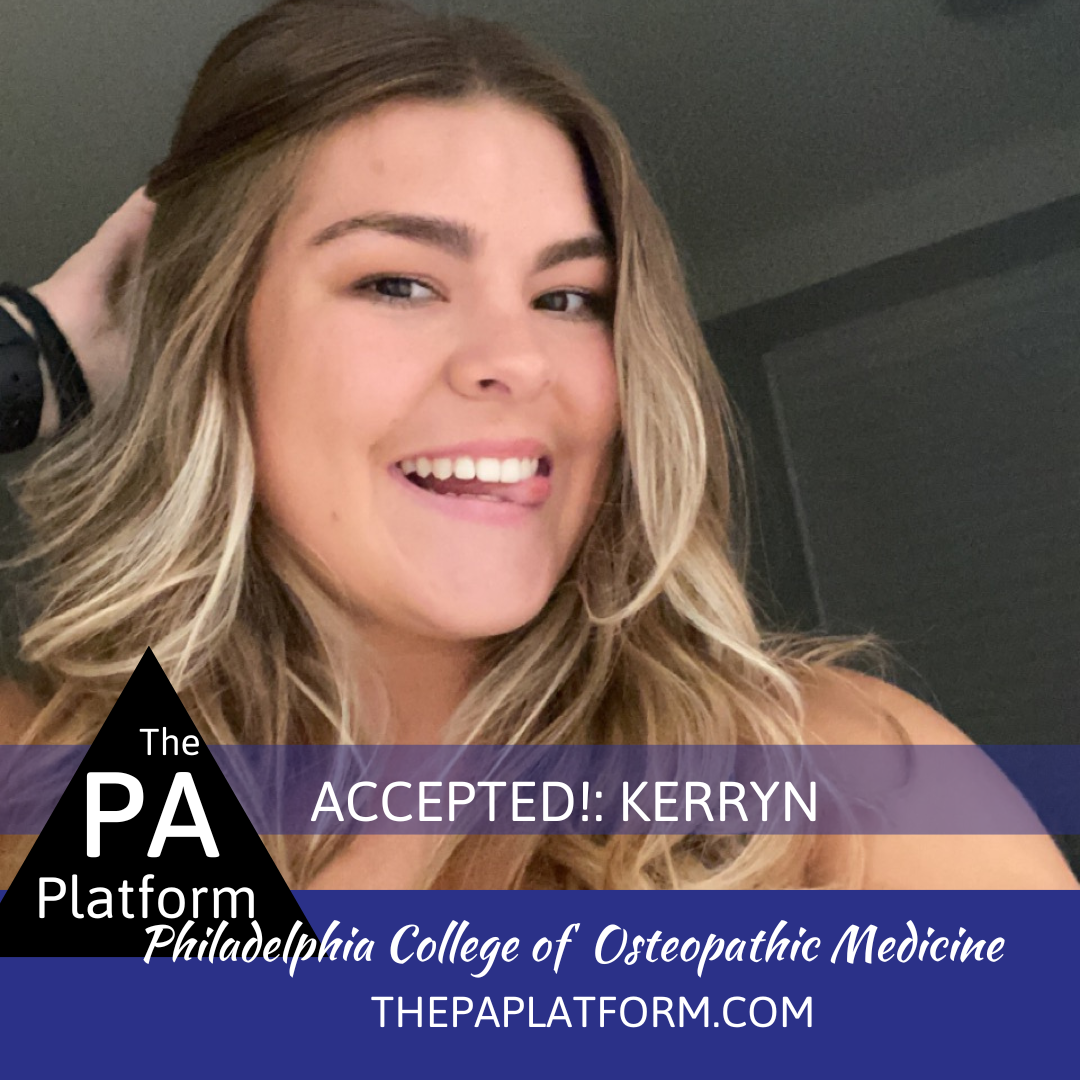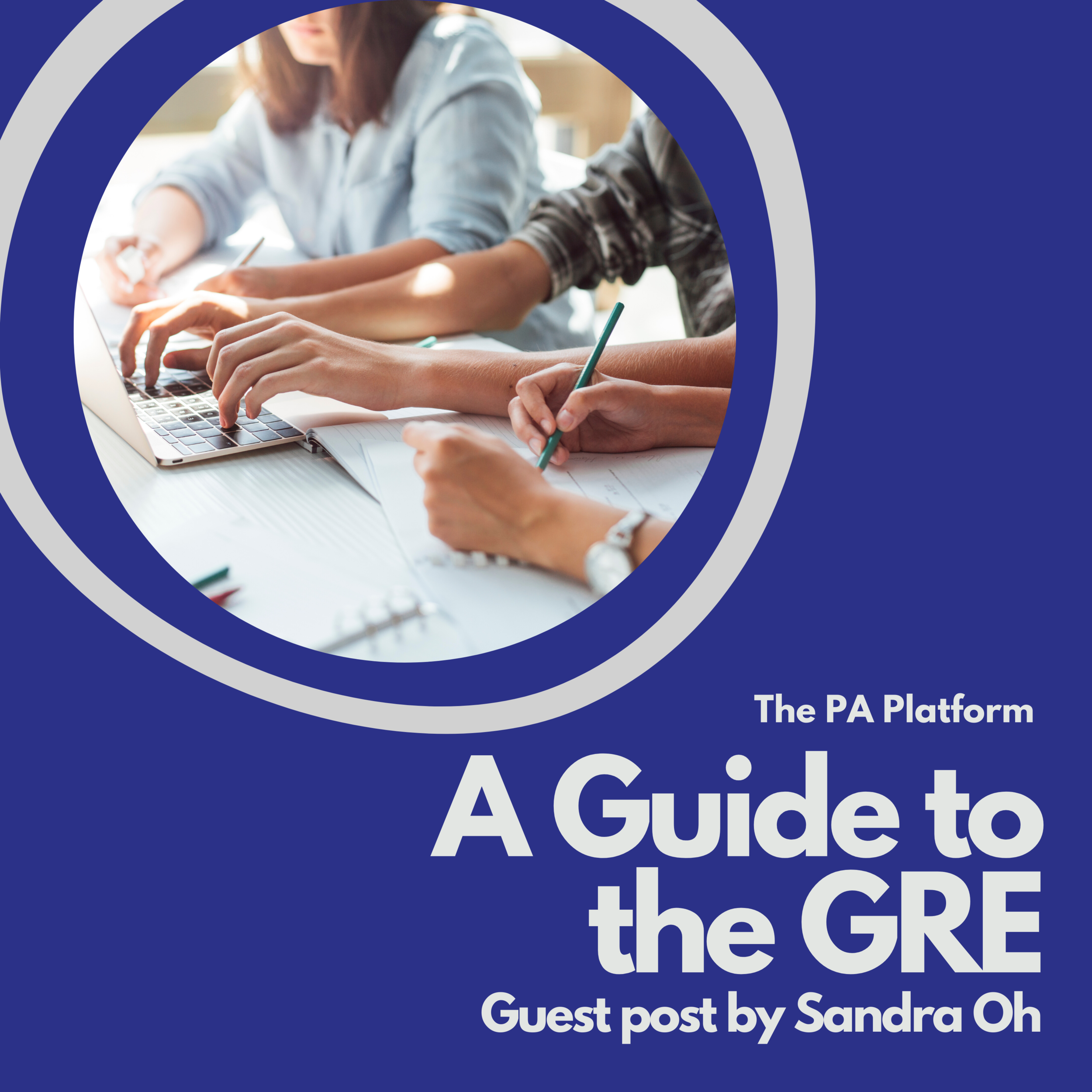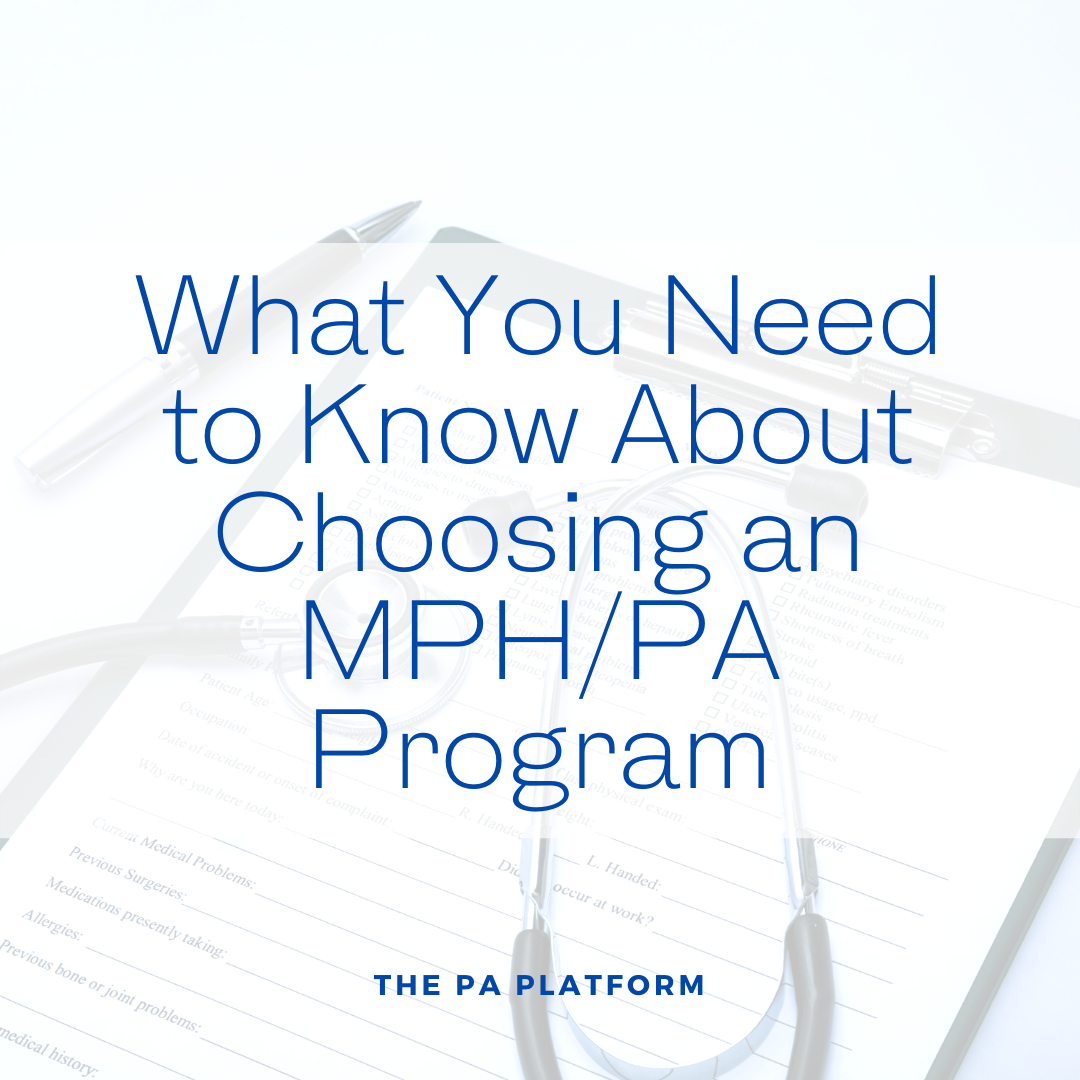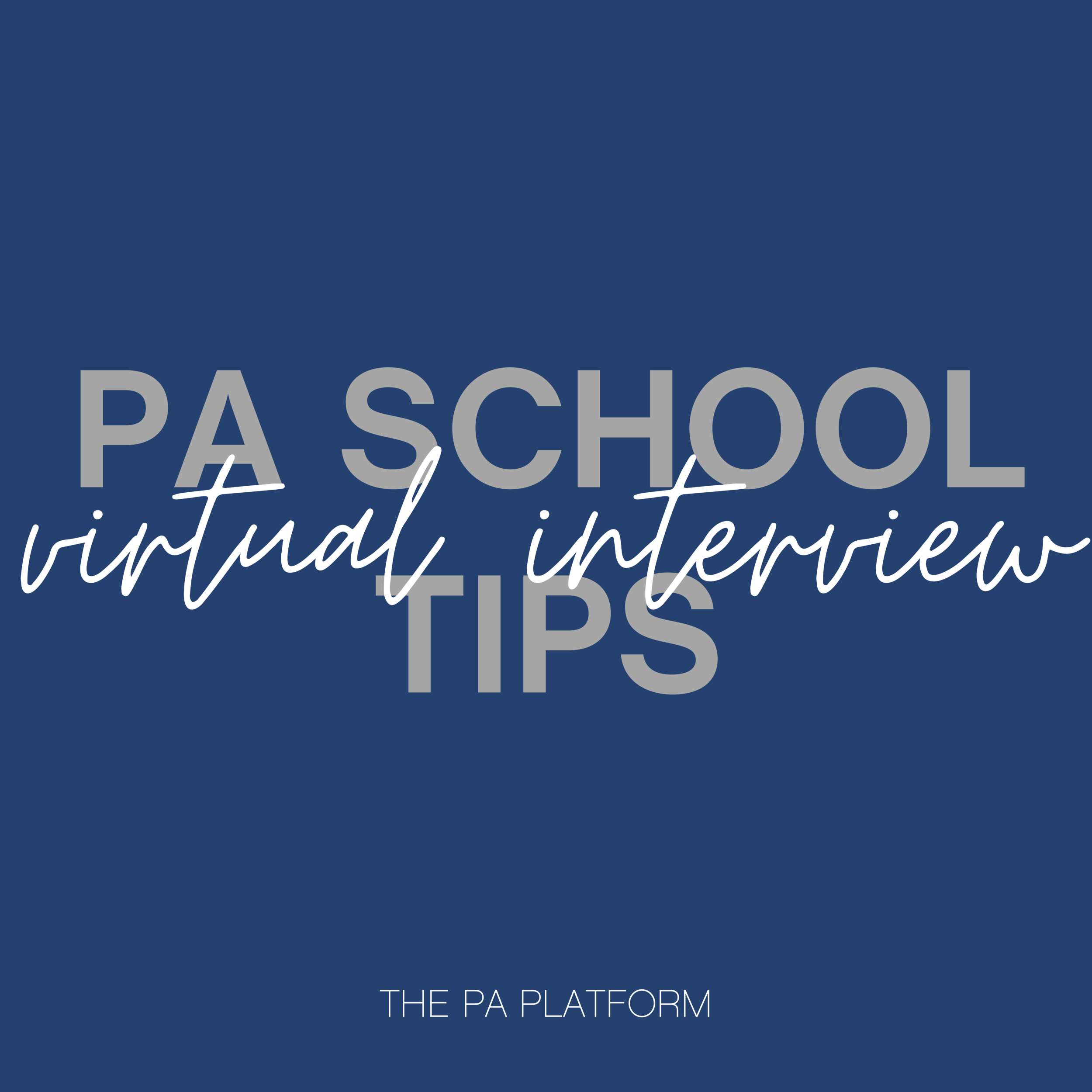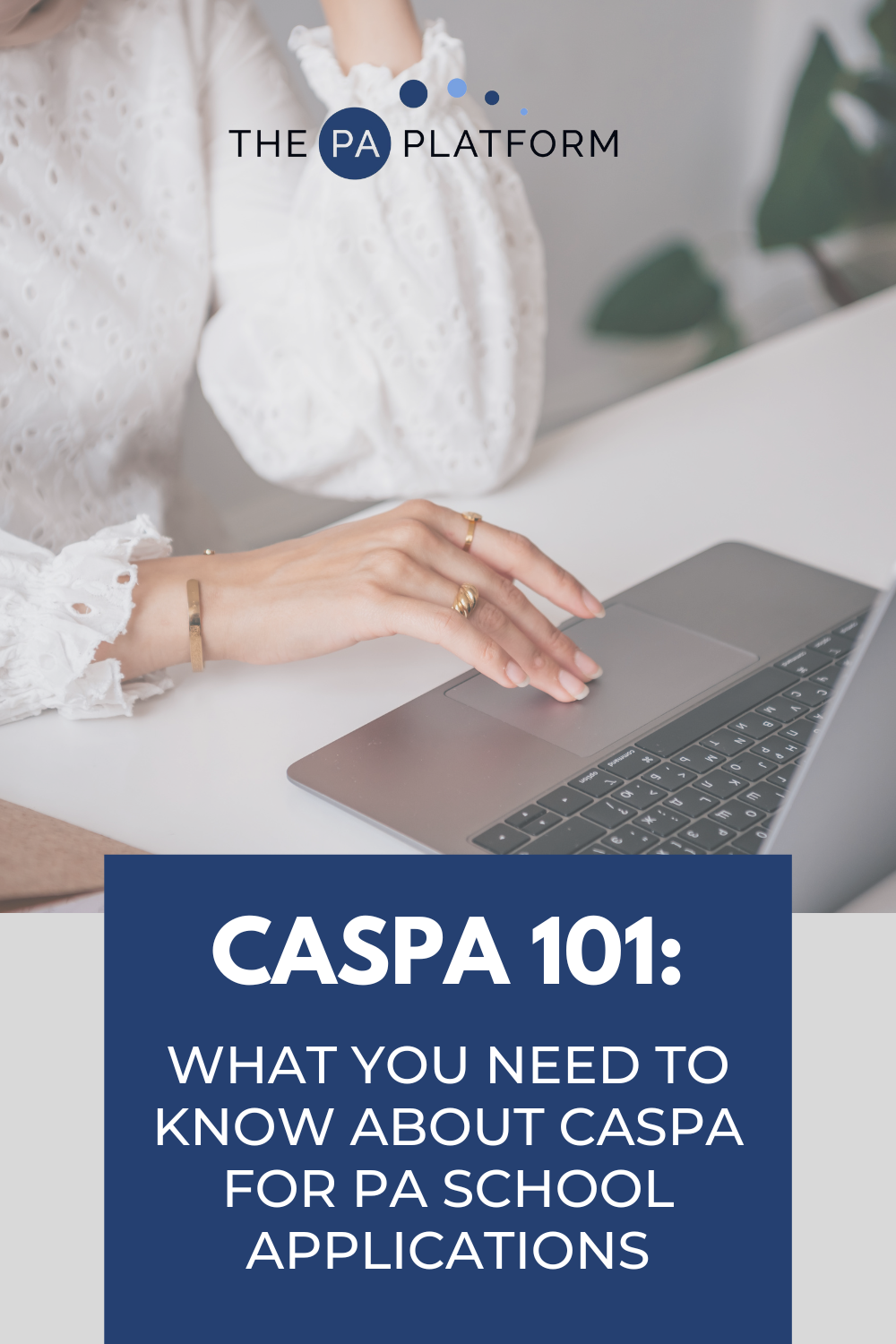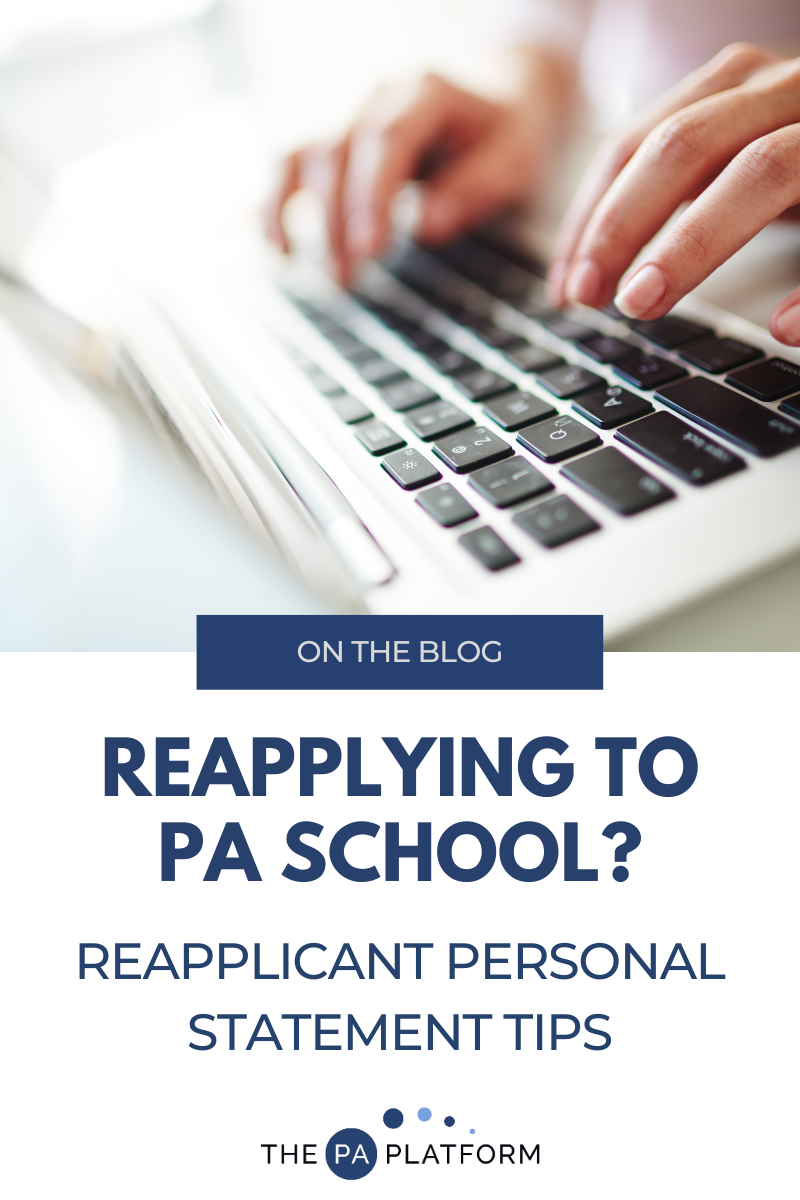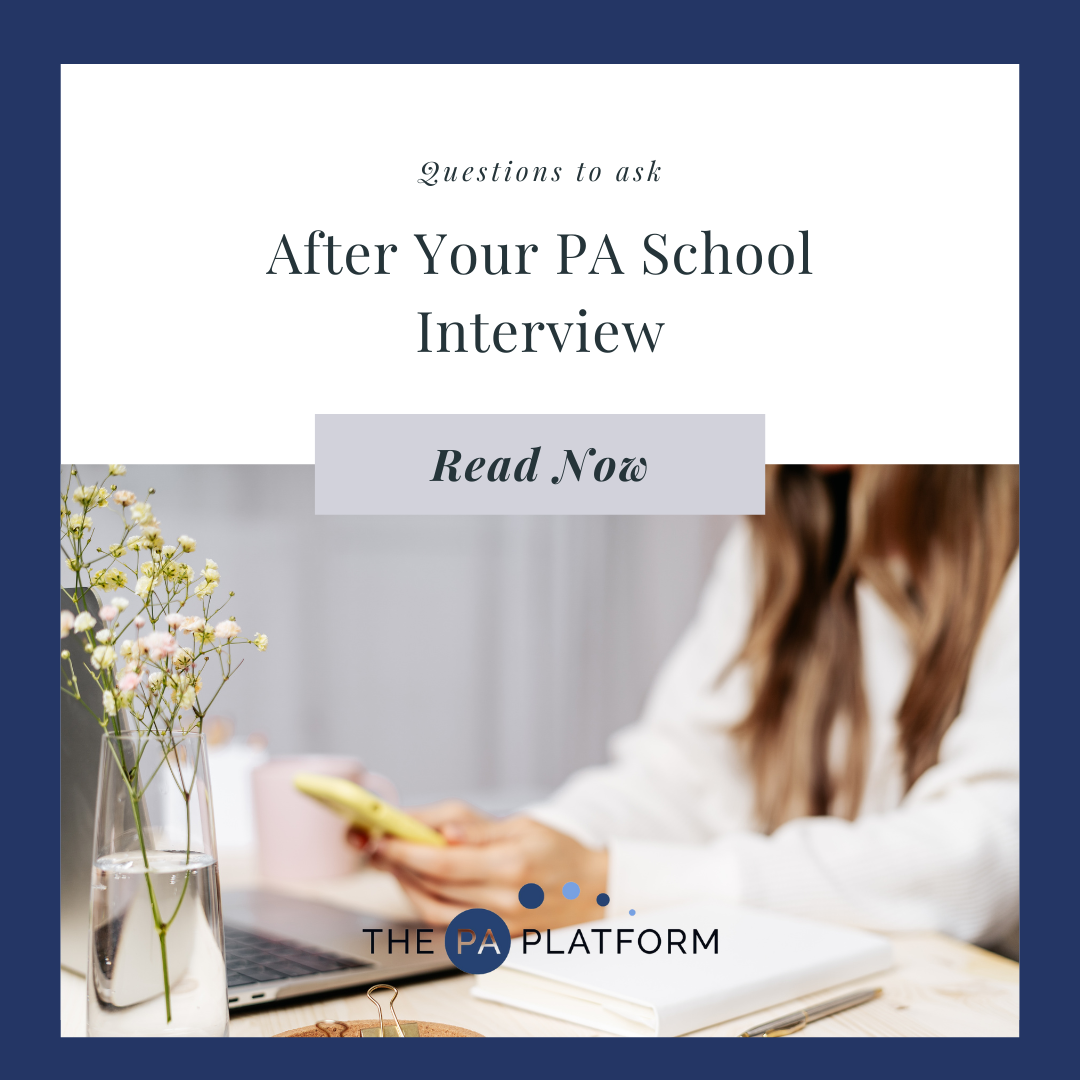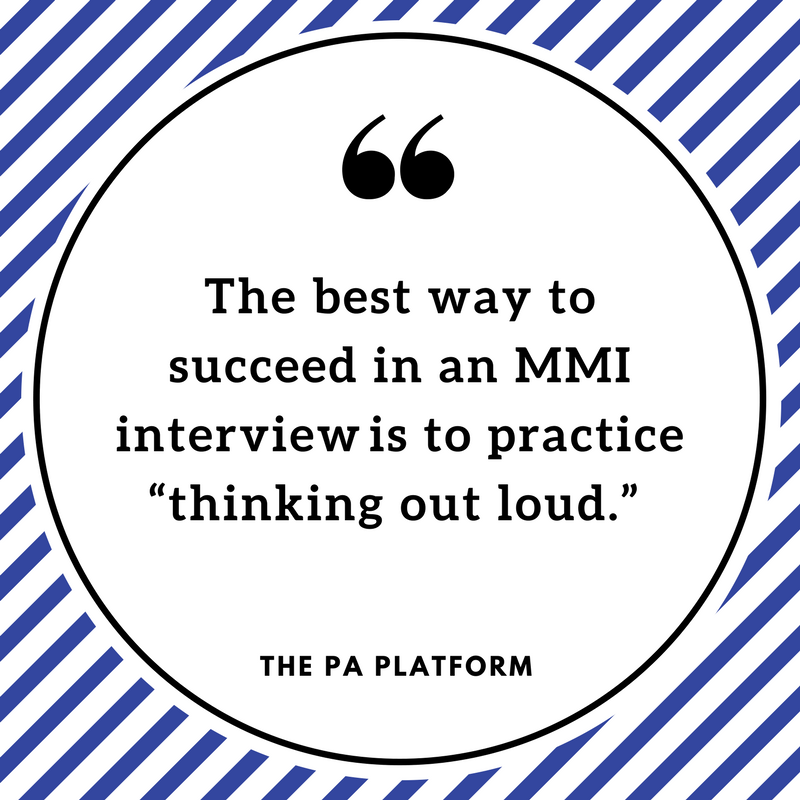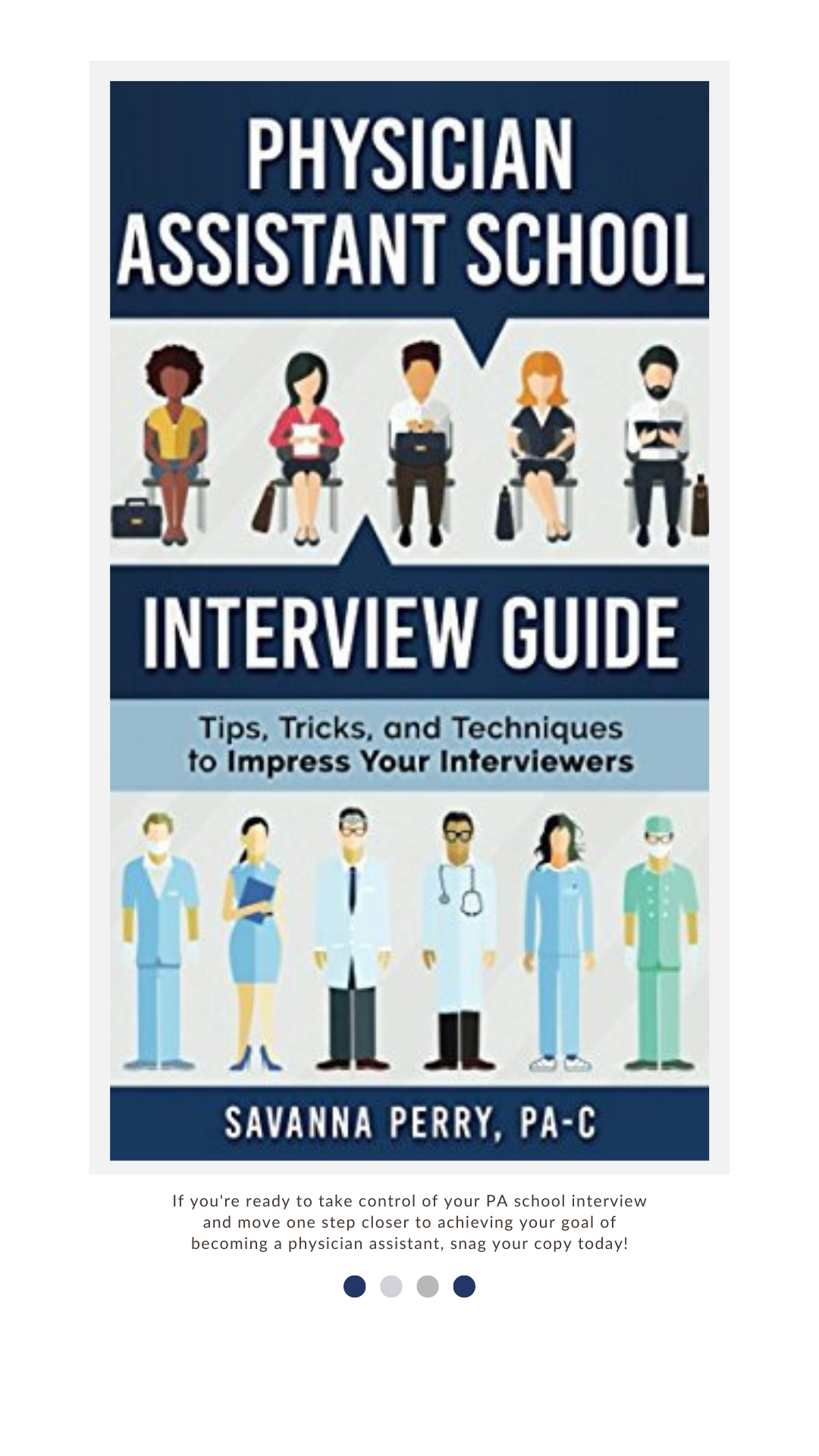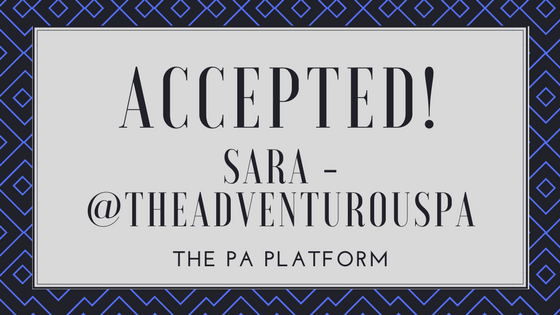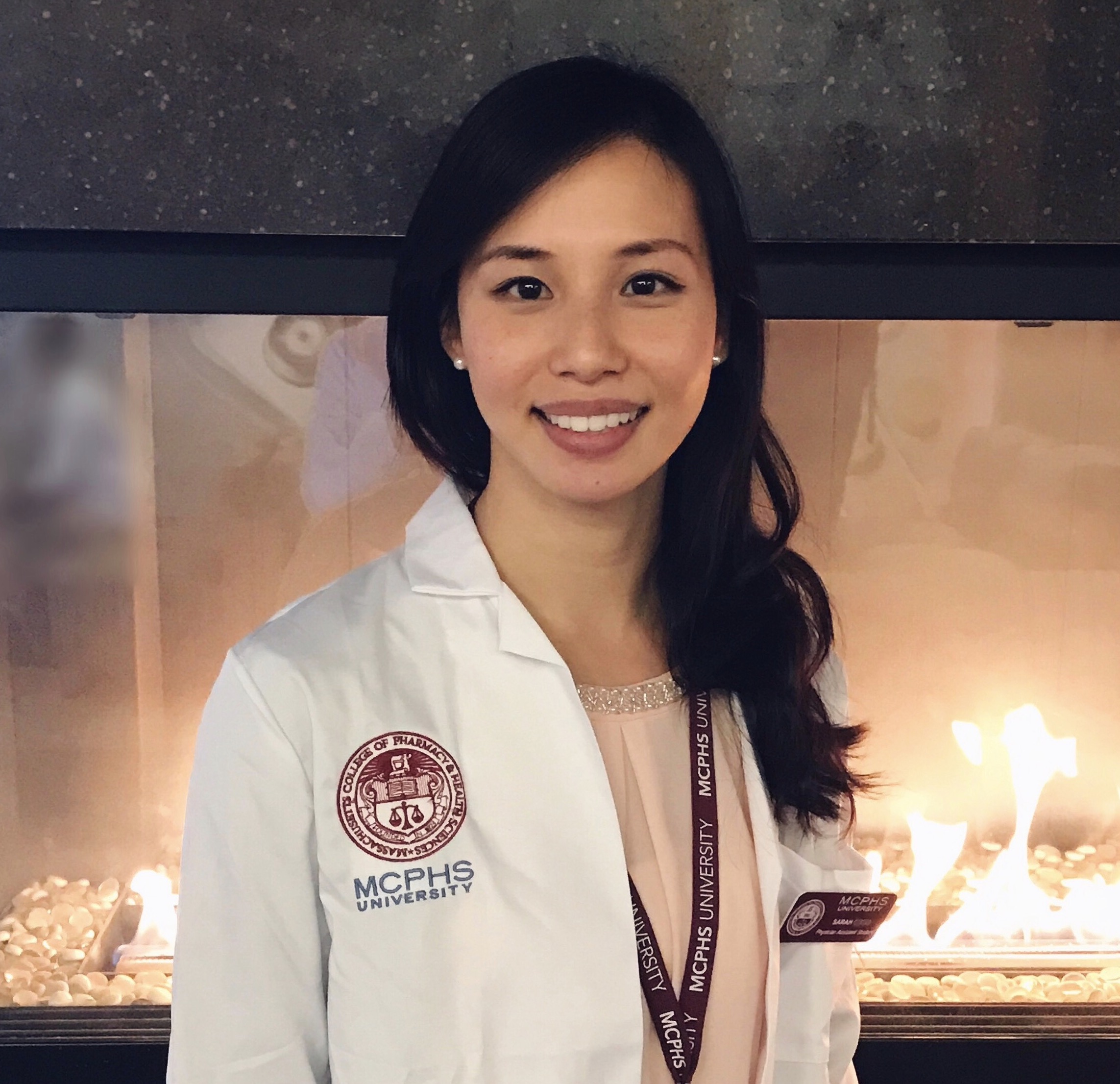Undergraduate education: UC Davis
Overall GPA: 3.8
Science GPA: 3.64
GRE: 311 (153 Verbal, 158 Quantitative, 3.5 Analytical Writing)
Total HCE hours: 2000 (Clinical Research Associate for an Orthopaedic Clinic)
Total PCE hours: 705 (555 as a student athletic trainer in college, 150 as an intern at a PT clinic)
Shadowing hours: 181 (5 hours: Primary Care PA-C, 48 hours: Sports Medicine PA-C, 108 hours: Orthopaedic Spine PA-C, 20 hours: Various Orthopaedic Surgeons)
Other volunteer hours: 300 (Volunteer Tutor for School on Wheels Inc., Volunteer for Union Station Homeless Services, Volunteer and Assistant Basketball Coach for The Boys and Girls Club of Pasadena)
LORs: 5 (3 MDs, 2 PA-Cs)
How many times did you apply?: 1
Age: 25
Gender: Male
How many programs did you apply to? 9 (3 acceptances, 2 waitlists, 3 rejections, 1 declined interview invitation)
How many programs did you interview with and what were the outcomes? I was invited to interview at 6, but only attended 5 of them. I was accepted by 3 programs and waitlisted at the other 2.
Any red flags on your application? My patient care hours were definitely on the low end. My post-undergrad job required a decent amount of patient contact, but not for the purposes of patient care. Additionally, my background was entirely in a specialized field of medicine (ortho/sports med). I'm sure this set some alarms off for programs that emphasize primary care.
Anything you found surprising about interviews? They were much less intense than I was anticipating. The faculty and current students were extremely friendly and welcoming at each program I interviewed at. I found it helpful to converse with the other applicants during downtime. It helped to relieve some of the nerves! My biggest piece of advice for interviews is to be prepared and to be yourself. Do not tell your interviewers what you think they want to hear. Speak from the heart and be honest! Otherwise, you will end up looking/sounding like everyone else and won’t be able to set yourself apart. Also, remember that interviews are a two-way street! Make sure that the campus, faculty, location and curriculum are in line with what you are looking to get out of your PA school experience. PA programs need to impress you as much as you need to impress them!
Were there any helpful resources (books, websites, apps) you used to get through prerequisite courses, the application or interview process? “How to “Ace” the Physician Assistant School Interview” (Affiliate Link) by Andrew J. Rodican, PA-C is a great resource for preparing for interviews. However, Savanna has just released a new book that reflects a more updated take on the PA school interview process. I would check that out for sure!
Follow as many PAs and PA students as you can on social media. Savanna was one of many others that helped educate me on the PA profession and guide me through the application process.
Any other advice for other pre-PA students? It is very easy to get caught up in PA programs’ required stats and compare yourself to others while applying. Yes, PA school has become extremely competitive. Yes, there are thousands of experienced, talented and intelligent individuals that apply every year. But you know what? There is only one you and you’re freaking awesome!
Focus on you and only you when going through the application process. You’ve put in the countless hours of studying, explored the PA profession through your shadowing, work and volunteer experiences and have built valuable connections that I’m sure will provide you with killer letters of recommendation!
So, use the application cycle to show yourself off and COMPETE! Not so much against your fellow applicants, but more so against yourself— that is, the part of you saying you’re not good enough. Because you are!
If you are truly passionate about becoming a PA, you will find a way to make it happen! Looking forward to being future colleagues with you all! “Always be humble. Always be kind. Always be respectful. Always compete.”
Where can we find you? Follow me on Instagram @westcoast_pa_ghost or shoot me an email at westcoastghost22@gmail.com!
If you've been accepted to PA school and would like to share your story in an Accepted! post, send an email to savanna@thePAplatform.com or use this link to contact us at The PA Platform now.



